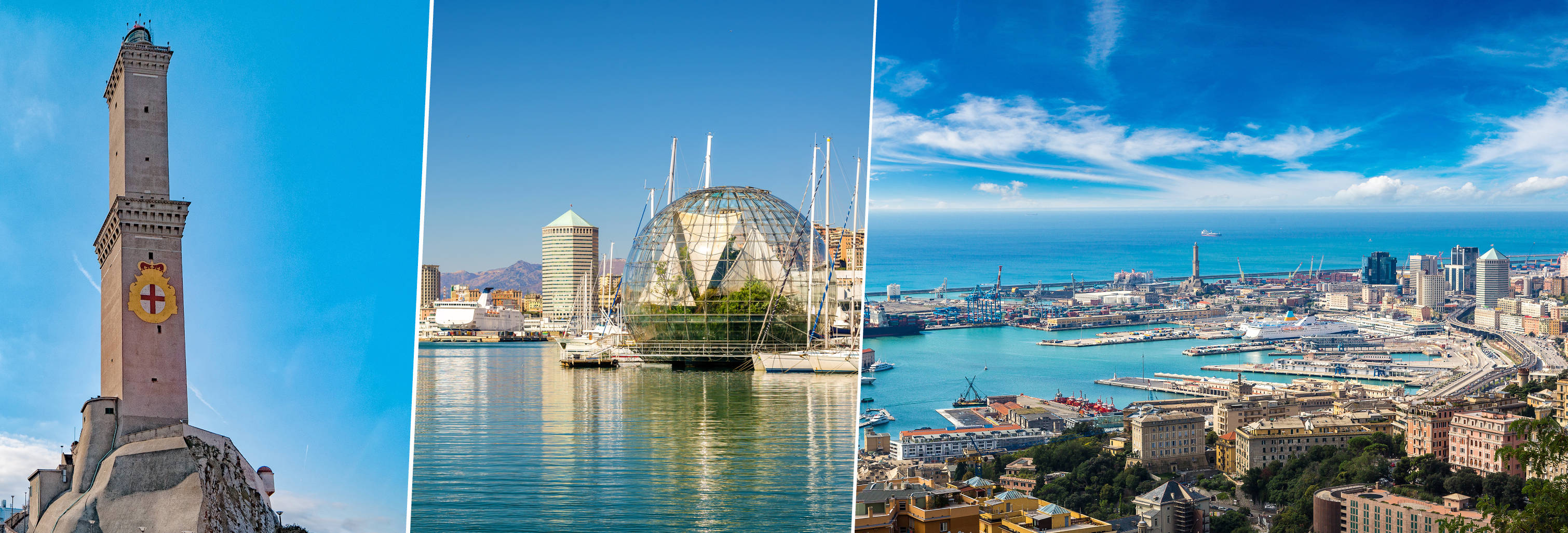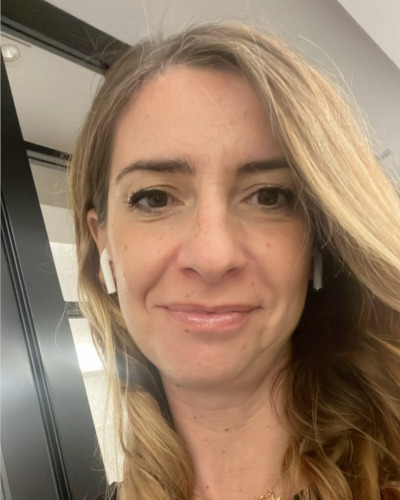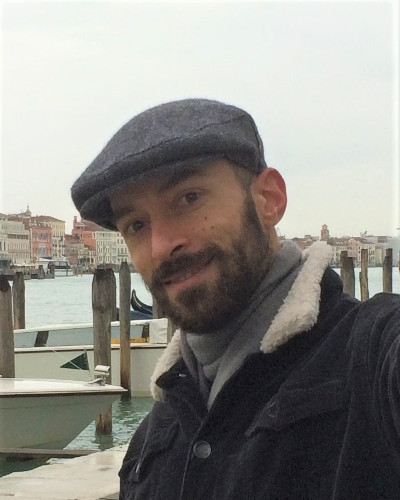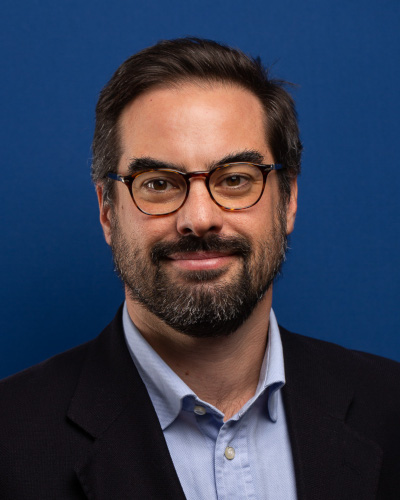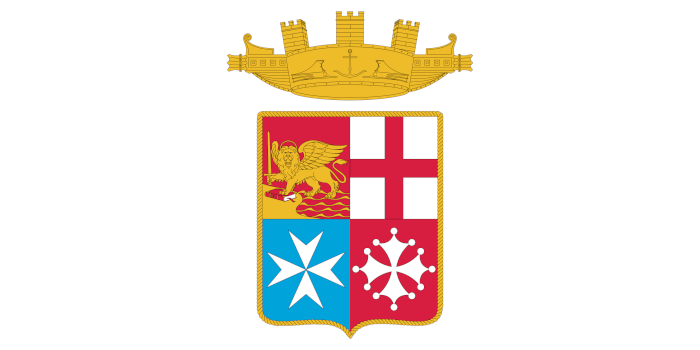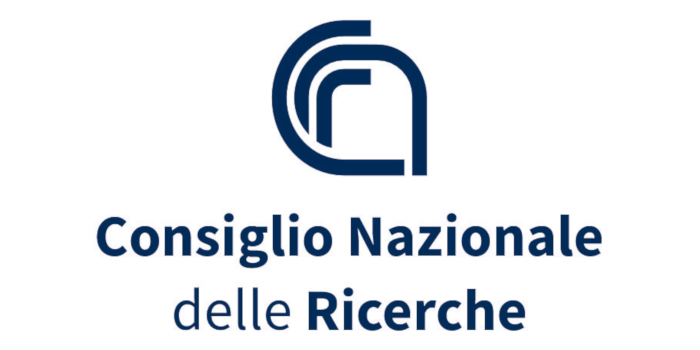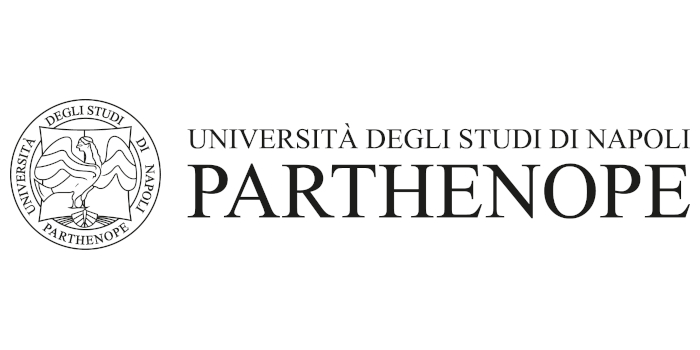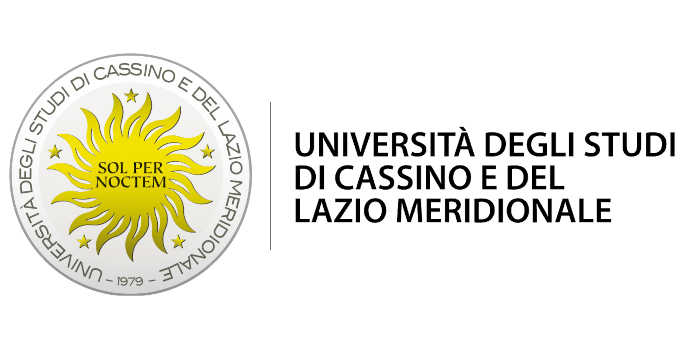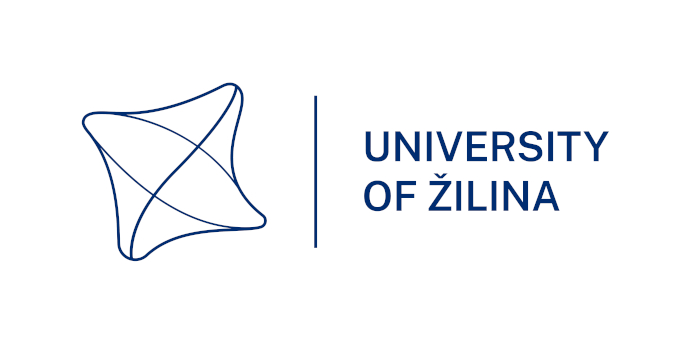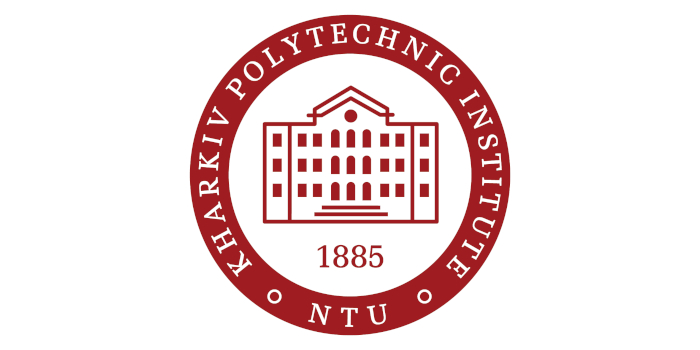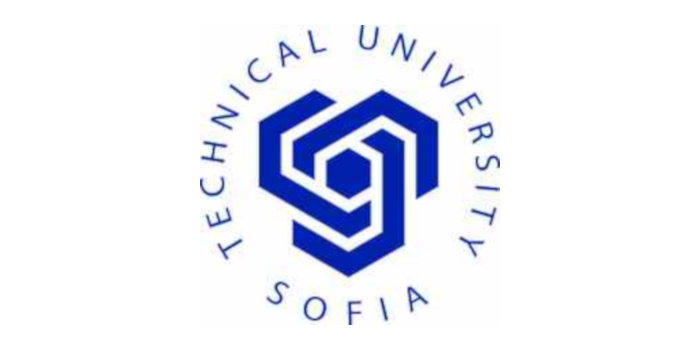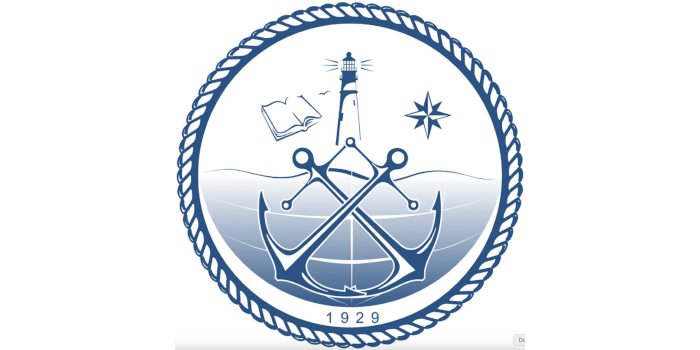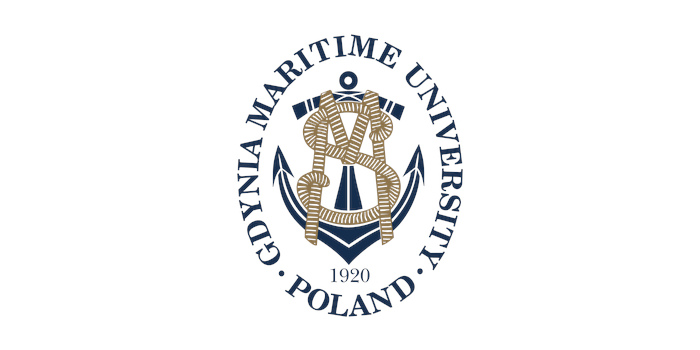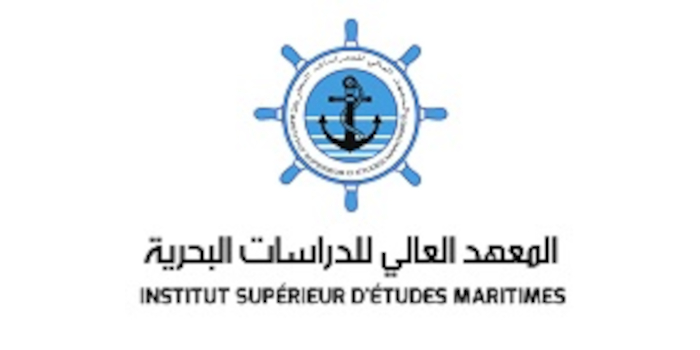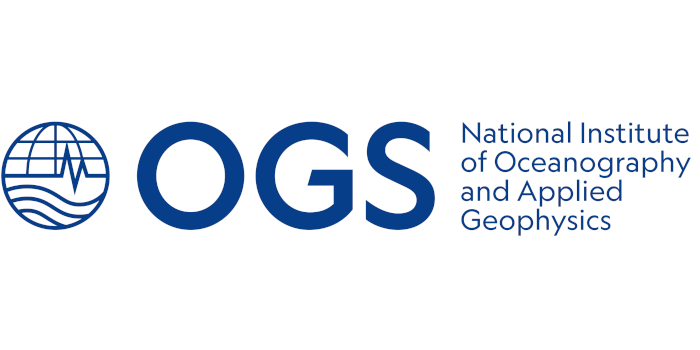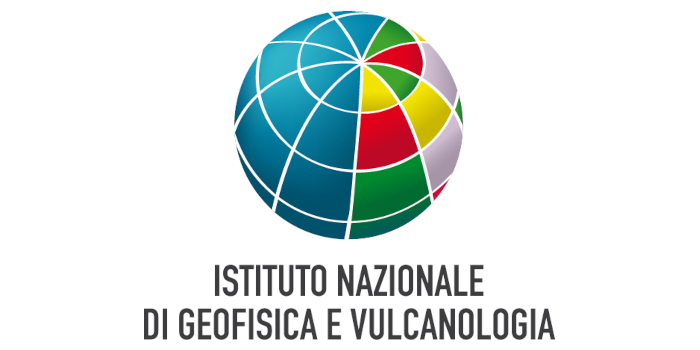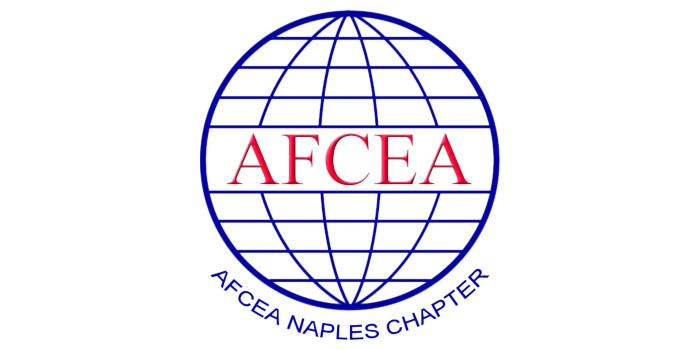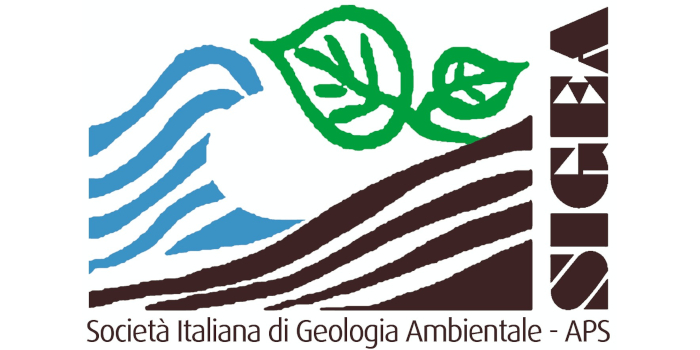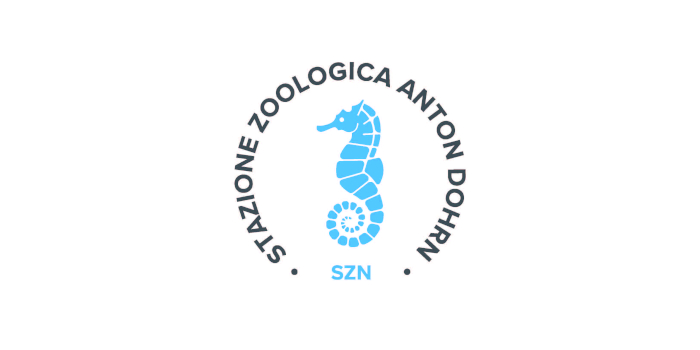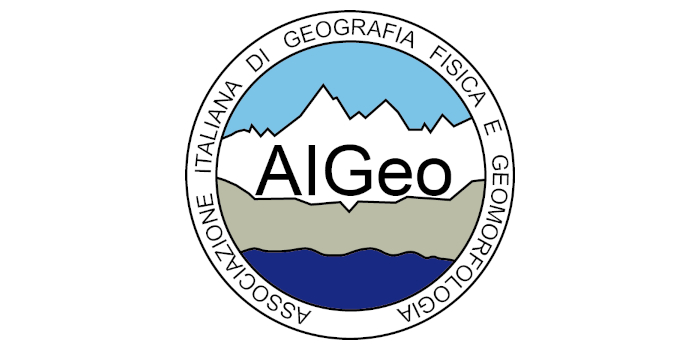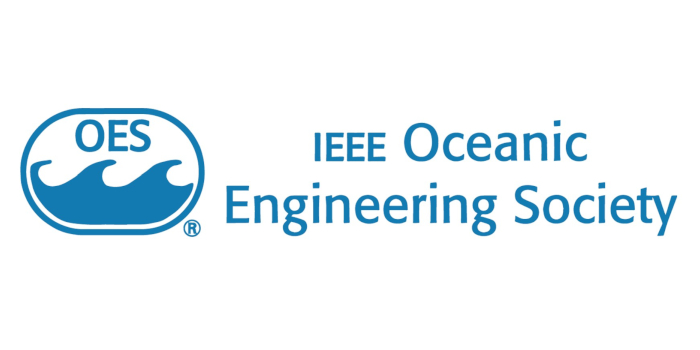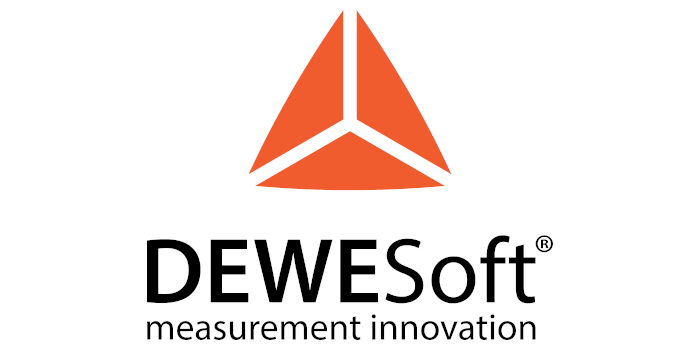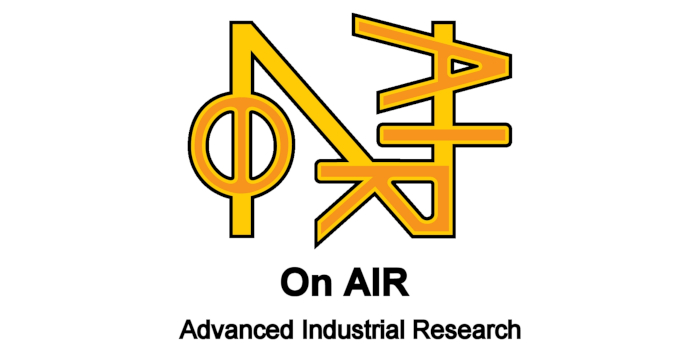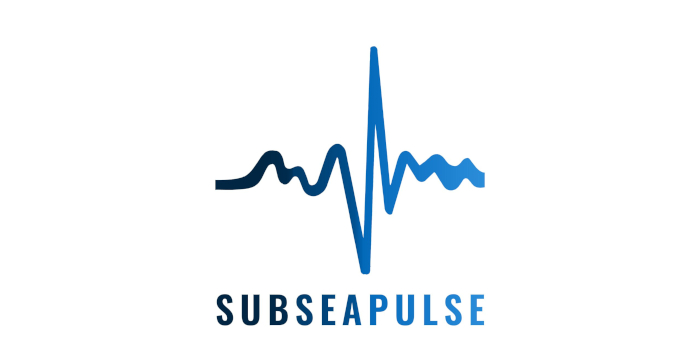SPECIAL SESSION #22
Integrating remote sensing, numerical modelling and AI technologies for marine and maritime research
ORGANIZED BY
Maria Daniela Graziano
University of Naples, Italy
Davide Bonaldo
CNR, ISTITUTO DI SCIENZE MARINE
Giuliano Vernengo
University of Genoa, Italy
ABSTRACT
AI driven technologies are revolutionizing the exploitation of remote sensing acquired data in many fields of scientific research. Machine learning and deep learning can indeed enhance the capabilities of satellite imagery supporting a variety of applications ranging from marine traffic monitoring and uncooperative vessels detection, ocean dynamics and coastal changes assessment through automated feature and anomaly detection, thus enabling predictive approaches. Numerical modelling can support this synergy not only by supporting the interpretation of satellite data, but also by complementing the training of machine learning algorithms with realistic or synthetic information.
New and innovative methods leveraging satellite imagery, numerical modelling and AI frameworks as well as case studies fostering interdisciplinary applications, marine resource management and maritime security are welcomed to this SI.
ABOUT THE ORGANIZERS
Dr. Maria Daniela Graziano is an Associate Professor at the University of Naples Federico II, specializing in satellite systems, Earth Observation technologies, and the integration of Artificial Intelligence (AI) in space applications. Her academic career began with her appointment as Assistant Professor in 2018, and she was promoted to Associate Professor in 2024. She holds National Scientific Habilitation for both Associate and Full Professor in Aeronautical, Aerospace, and Naval Engineering. Dr. Graziano has led several research projects funded by the European Defense Fund (EDF), Horizon Europe, and national ministerial initiatives, totaling approximately 2 million euros in funding. She is also a dedicated educator, teaching courses in Space Systems and Aerospace Program Management, and mentoring students in aerospace engineering. With over 70 peer-reviewed publications and an h-index of 17 on Scopus, Dr. Graziano is recognized for her contributions to advancing satellite systems and AI in space-related research.
Dr. Davide Ronaldo is a Research Scientist at the Institute of Marine Sciences of the National Research Council (CNR-ISMAR) in Venice, Italy, where he is part of a group investigating different aspects of Physical Oceanography.He holds a Master's Degree in Engineering for the Environment and Territory in 2008 and Ph.D. in Civil and Environmental Engineering Sciences in 2012 at the University of Padua. The main research fields, investigated by means of a joint use of observational data (in-situ measurements and satellite products) and state of the art coupled atmosphere-wave-ocean numerical models, include:
- Analysis of bottom current regimes and their effects on tracers and sediment transport, with particular emphasis on continental margin and submarine canyon processes.
- Identification of the hydrodynamic drivers of deep sea sedimentary systems and their implications for benthic habitat characterisation.
- Modelling of meteo-marine climate under climate change scenarios and long-term morphodynamic modelling of coastal and transitional systems.
- Analysis of formation, evolution and impacts of intense metocean events, such as Tropical-Like Cyclones in the Mediterranean Sea, flash floods, cold air outbreaks.
Dr. Giuliano Vernengo is an Associate Professor at the Department of Electrical, Electronics and Telecommunication Engineering and Naval Architecture Department (DITEN) of the Polytechnic School of the University of Genoa. He is part of the Naval Architecture and Marine Engineering Unit, focusing on numerical and experimental hydrodynamics. After the PhD in Naval Architecture in 2012, he spend several years working as Visiting Scholar and PostDoc Associate at the Department of Mechanical Engineering at the Massachusetts Institute of Technology. He then holds a position as Assistant Professor at the University of Genoa in 2018. His main fields of research deal with ship wave propagation and ship seakeeping and he authored about 60 scientific publications on these topics.

